16 Minutes
A Small Show That Became a Giant
In the crowded history of American sitcoms, shows like Seinfeld, Friends, and The Office have long dominated conversations about influence and popularity. Yet there is another sitcom that quietly rewrote the rules of television comedy: It's Always Sunny in Philadelphia. Born from a shoestring pilot filmed by friends with a consumer-grade camera, Sunny transformed into one of the longest-running and most daring comedies in U.S. television history. What began as a local joke evolved into a cultural barometer that skewers power, privilege, and hypocrisy with a corrosive, merciless wit.
Why Sunny Feels Different
It's Always Sunny in Philadelphia doesn't traffic in warm resolutions or sympathetic characters. The protagonists—Charlie, Mac, Dennis, Dee, and later Frank—are morally bankrupt, selfish, and cartoonishly cruel. Where Seinfeld famously called itself "a show about nothing," Sunny is a show about everything that goes wrong when people pursue their worst impulses. It refuses the sitcom comfort of character growth: the gang rarely learns, never redeems, and repeatedly pays for their schemes—but only in ways that return them to the same starting point.
That tonal refusal is a form of aesthetic bravery. When viewers expect sitcoms to soothe and reassure, Sunny deliberately agitates. It is a black comedy of manners that replaces polite social scrutiny with a scalpel of impropriety. This is not simply transgressive for shock's sake: the show uses moral ugliness as a mirror for cultural absurdities. It satirizes gun culture, celebrity, systemic injustice, and contemporary moral panics—often landing at a place where both the characters and the audience are forced to confront uncomfortable truths.
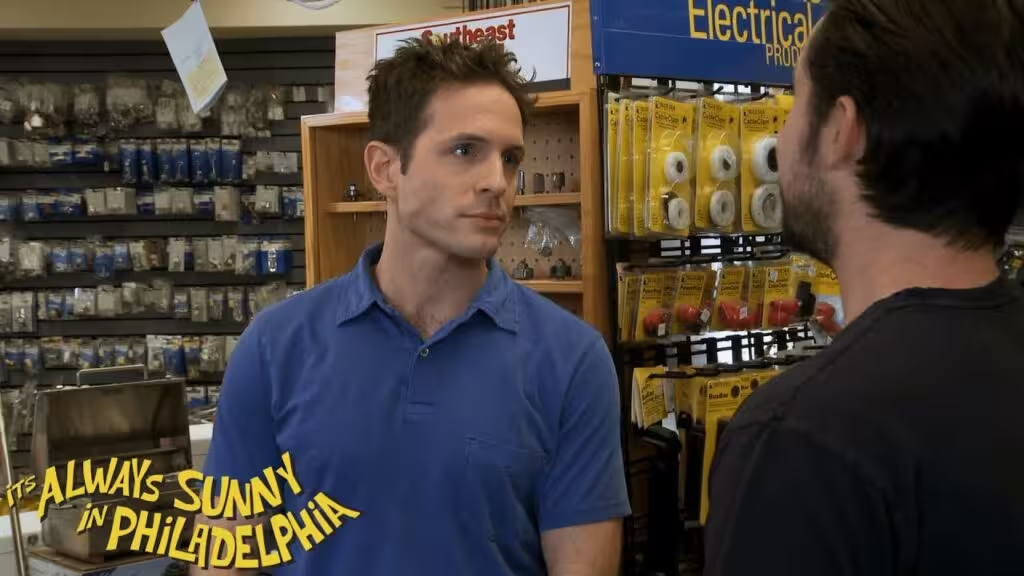
Humble Origins, Big Ambition
The show's origin story reads like indie folklore. Rob McElhenney, Glenn Howerton, and Charlie Day were struggling actors in Los Angeles who shot a self-funded pilot with a digital camcorder. Their pitch was simple: a group of selfish friends who don't care about each other. That tiny, scrappy pilot caught the attention of FX after they circulated a homemade DVD. FX greenlit a season with a remarkably tiny budget—about $450,000 per episode, less than one-third of typical network sitcom costs at the time.
The series nearly began in Los Angeles; McElhenney initially imagined a show about wannabe actors. Executives liked the characters but suggested a change of setting. A Philadelphia native, McElhenney relocated the story to his hometown. That move was catalytic: Philly became more than a backdrop—it became the show's voice. The city’s particular brand of grit, blue-collar indifference, and urban bluster informed the show's aesthetics and storylines. Most episodes take place in or around Paddy's Pub, the dingy bar owned by the gang, which reads like a character unto itself.
Comparisons and Contrasts: Where Sunny Sits Among Sitcom Legends
Comparing Sunny to other prominent sitcoms clarifies what makes it unique and why it endures.
Seinfeld
Both are ensemble comedies that celebrate selfishness and social detachment. Seinfeld's humor depended on observational comedy and turned social minutiae into laughs. Sunny, however, amplifies its characters' moral defects to absurdist extremes. Seinfeld’s protagonists often skated by; Sunny’s gang increasingly self-destructs. Seinfeld crafted a world of petty neuroses. Sunny crafts moral grotesques.
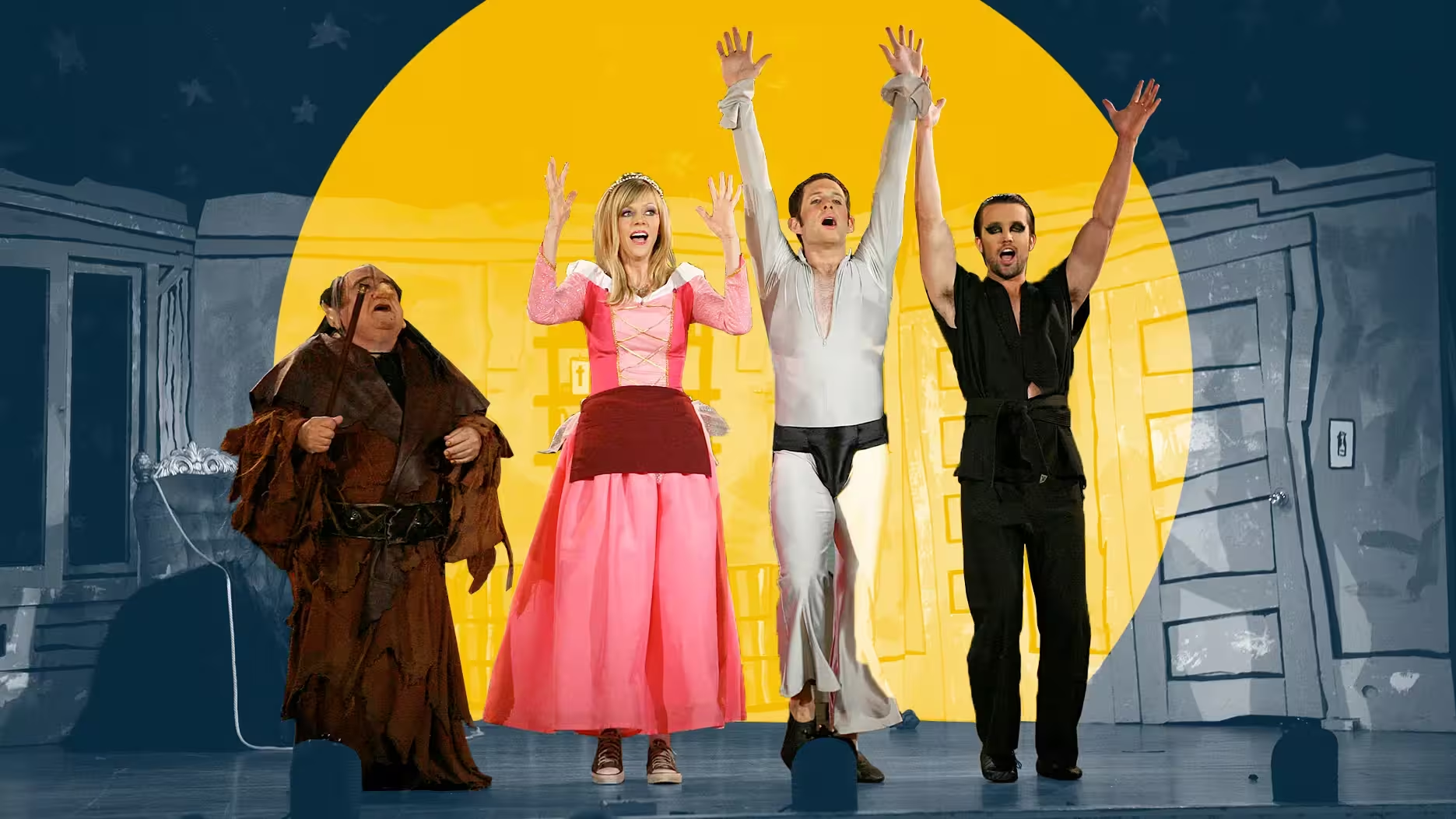
Friends and How I Met Your Mother
While Friends and HIMYM focus on relational growth, romantic arcs, and emotional payoff, Sunny intentionally eschews sentimentality. If Friends gave viewers the comfort of character evolution, Sunny offers cyclical cruelty—the gang's failure to develop becomes its running gag and moral lesson.
The Office / Arrested Development
Like The Office and Arrested Development, Sunny plays with antiheroes and workplace stupidity. Arrested Development’s dysfunctional Bluth family shares Sunny’s taste for large-scale farce and social critique. But Sunny pushes boundaries further—its humor is rawer, its stakes messier, and its satire repeatedly targets systemic issues with a darker lens.
From Cable Curiosity to Cult Powerhouse
FX was the perfect home for Sunny. As a cable channel, it afforded more creative freedom than network television: edgier language, riskier jokes, and situations a broadcast network would avoid. That creative latitude allowed Sunny to confront taboo topics—teen drinking, cancer, gun control, sex work, welfare fraud—with a satirical edge that never moralized gently. Over time, fans, critics, and scholars began to see the show as highly intelligent despite its vulgar surface.
The show’s cultural cache grew via word-of-mouth and college campuses—especially in Philadelphia, where fans embraced the series as a kind of idiosyncratic hometown triumph. Streaming platforms later widened the audience. Availability on networks like Comedy Central and services such as Netflix introduced international viewers to Paddy's Pub and increased the show's cultural fingerprint.
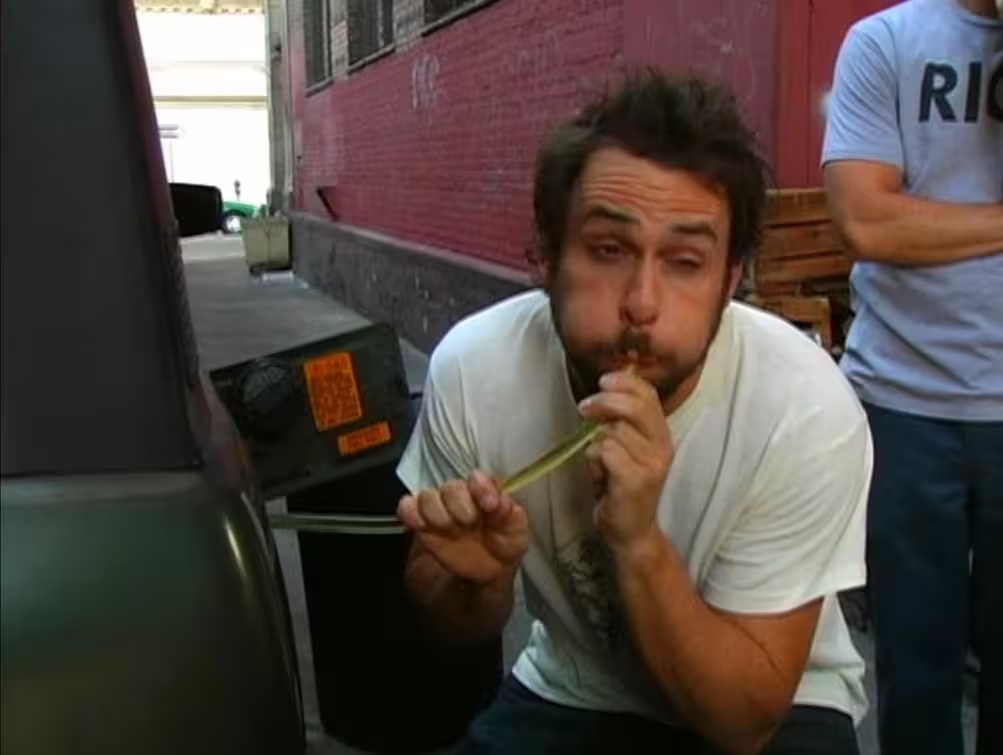
Danny DeVito and the Turning Point
Early seasons were acclaimed but struggled to find mass audiences. The show's fortunes changed when Danny DeVito joined as Frank Reynolds in season two. DeVito was a marquee name who brought legitimacy, theatricality, and a willingness to dive into absurd material. His presence didn't transform Sunny into a mainstream hit overnight, but it did help solidify the show’s identity as an unapologetically weird, risky comedy. Fans point to DeVito’s manic energy as a catalyst for the series’ increasing confidence and outlandish narratives.
Why the Characters Work: Intentional Flaws and Long-Term Payoff
On paper, the gang is insufferable: Dennis is narcissistic and sociopathic; Dee is delusional and brittle; Mac is deluded about his own competence and sexuality; Charlie is illiterate, gullible, and odd; Frank is decrepit and morally bankrupt. Yet these archetypes are textured with long-term callbacks and layered storytelling. Writers repeatedly recycle plots and character beats, building a meta-structure that rewards loyal viewers. Running jokes, recurring obsessions, and the group's mythos accumulate into a kind of serialized comedy anthropology.
This is key to Sunny’s longevity. Episodes often reference past mistakes, schemes, and humiliations in ways that feel earned. The show invites audiences into an intimate knowledge of these characters that makes each fresh misdemeanor funnier and more resonant. You don't watch Sunny as a casual background sitcom; you marinate in its world.
Black Comedy as Social Critique
Sunny’s comedic engine is satire. It lampoons the absurdities of contemporary American life by embodying them in characters who are living parodies of systemic dysfunction. A few recurring targets stand out:
- Power and privilege: The gang’s schemes often mimic real-world abuses of privilege, exposing how opportunism and indifference fuel inequality.
- Moral panics and virtue signaling: Episodes will take a trending cultural debate and escalate it to grotesque extremes—showing how simplistic moral responses can be mocked and unproductive.
- Media and celebrity: Sunny skewers fame, reality TV, and opportunistic entrepreneurship, demonstrating how media incentives can amplify assholish behavior.
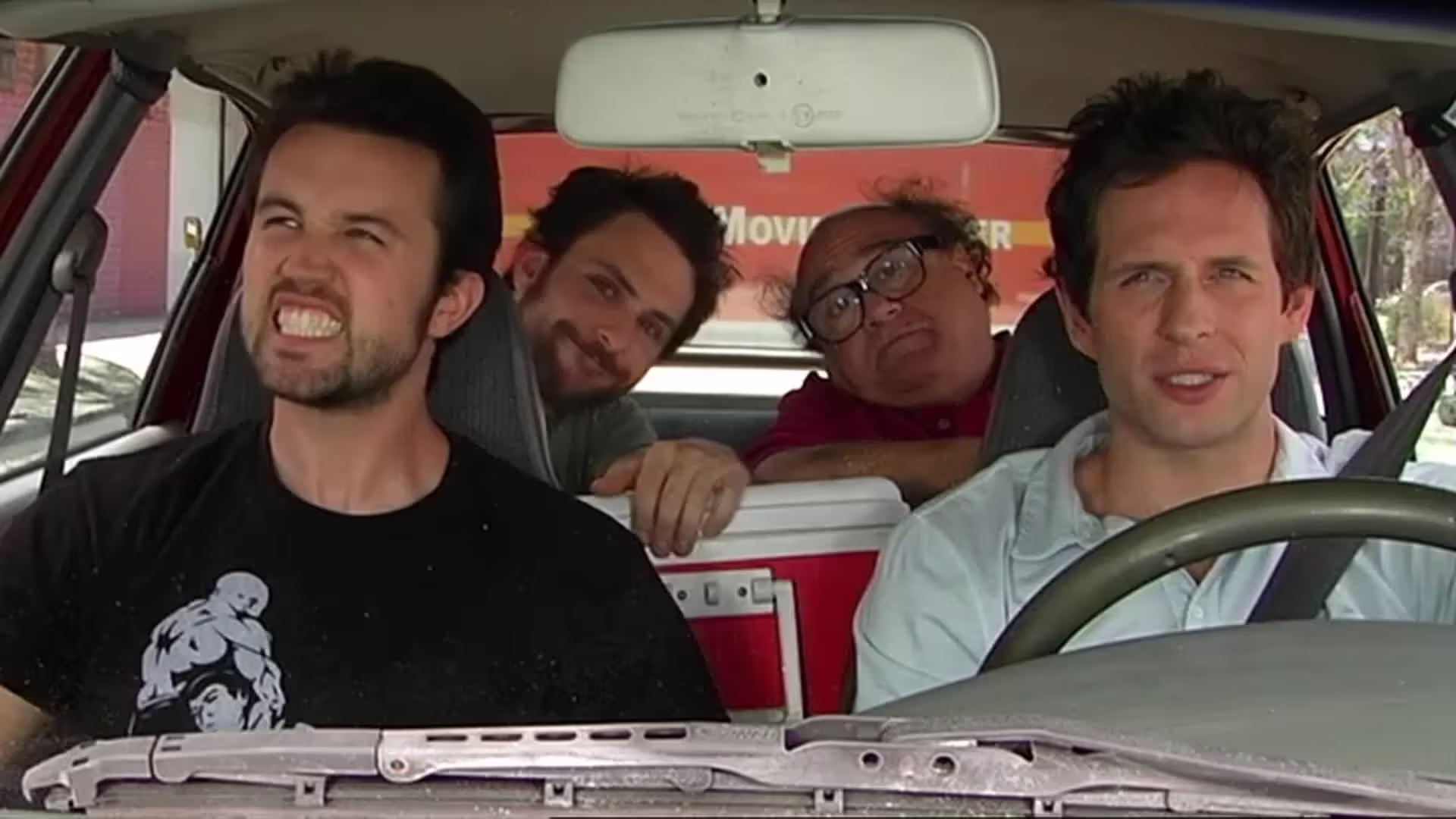
Not Without Controversy
Sunny has always courted controversy. Critics early on were divided; some lauded its fearlessness while others accused it of shallow provocation. Some commentary argued that Sunny was too smug, performing shock without the nuance to back it up. Yet much of the show's best work addresses those concerns by making the gang the butt of the joke. The humor often lands on the characters' hubris, not on marginalized targets. This layered intent matters: when done well, the satire exposes the ignorance of the protagonists rather than endorsing their views.
Still, not every episode lands with everyone. The show’s black comedy, crude language, and relentless immorality will alienate viewers who prefer kinder, character-driven sitcoms. But its fiercest advocates see the offensive as a tactic—a way to force reflection rather than comfort.
Episode Craft: Small Rooms, Big Ideas
Sunny excels at setting constraints and extracting maximal comedic mileage. Many beloved episodes are essentially stage plays: a few characters, a single location, and escalating arguments. Classics such as "The Gang Solves the Gas Crisis" and "The Gang Hits the Road" show how a tight premise becomes a carnival of misunderstandings and ego-driven maneuvers.
The show also thrives on formal play. Episodes parody genres (courtroom drama, horror, action movies), experimenting with tone while keeping the moral center of the gang intact. That formal flexibility keeps the series fresh across seasons and makes it fertile ground for writers and actors to innovate.
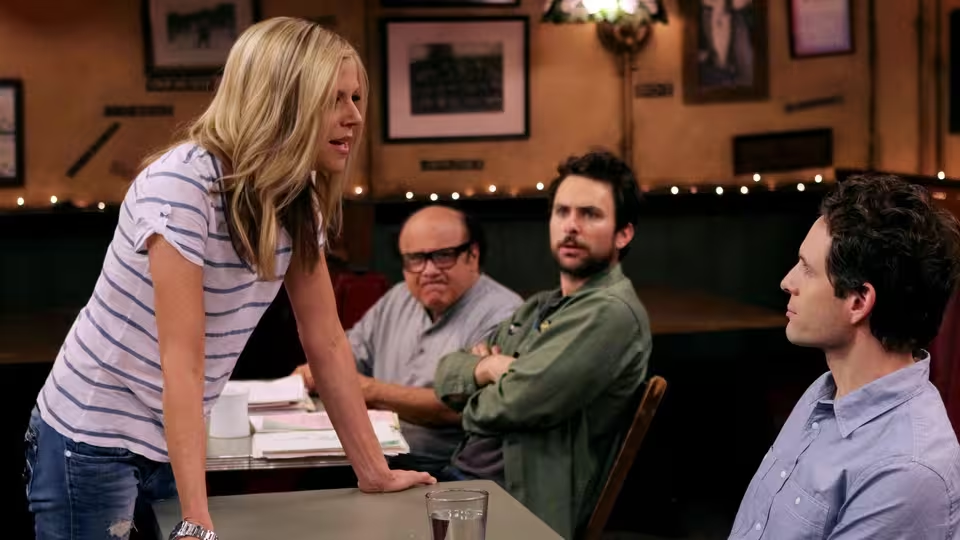
Best Episodes to Start With (A Viewer’s Guide)
For newcomers, the sheer volume of episodes can feel intimidating. Here are accessible entry points that showcase the series' range and comedic DNA:
- The Gang Solves the Gas Crisis (Season 4, Episode 2): Classic ensemble plotting and character-driven greed.
- The Gang Hits the Road (Season 5, Episode 2): A contained road-trip farce that reveals group dynamics.
- Reynolds vs. Reynolds: The Cereal Defense (Season 8, Episode 10): A courtroom parody focused on a ridiculous petty grievance.
- Paddy's Pub: The Worst Bar in Philadelphia (Season 4, Episode 8): A caper episode featuring kidnapping, driven by ego and revenge.
- Dennis and Dee Go on Welfare (Season 2, Episode 3): An early example of how the show turns urgent social issues into darkly comic setups.
Each of these captures Sunny’s ability to turn base impulses into incisive satire while offering a strong sense of the characters.
Industry Context: A Cable Show That Pushed Boundaries
Sunny emerged during a transitionary period of television. The early 2000s were the beginning of the era that would later be called peak TV. Network sitcoms remained dominant, but cable channels like FX began courting riskier, auteur-driven projects. It's Always Sunny in Philadelphia was part of that shift—a show that proved edgy, low-budget comedies could find an audience and influence mainstream tastes. The series also anticipated the streaming era’s appetite for niche, long-form fandoms. Its longevity made it a pre-streaming success story that transitioned seamlessly into the new distribution model.
Fan Culture and Memes: How Paddy’s Pub Went Global
Sunny has an exuberant fan culture that prizes quotability and in-jokes. Lines like "wild card" and recurring motifs such as the "Nightman" playbook have migrated into meme culture. The show’s repeated self-references and callbacks make it a communal experience; fandom pleasures come from spotting nuances and reliving classic humiliations. Internationally, the show’s tone translates surprisingly well: while rooted in American social debates, its mockery of human vanity and hypocrisy is universal.
Behind the Scenes: Economy, Authors, and the Actor-Creators
The creative backbone of Sunny is unique: Rob McElhenney, Charlie Day, and Glenn Howerton are writer-actors and executive producers who grew the series from a pilot into a durable franchise. Their hands-on approach—writing, directing, and performing—keeps the show's voice consistent over years. This is different from many sitcoms where writers and stars are more separated. The cast’s control enabled creative risks, but it also required them to navigate the economics of television: smaller season orders (often around 10-14 episodes) demanded focused storytelling rather than network filler.
Trivia: The pilot’s spartan production and the decision to shoot largely in Los Angeles while keeping the story in Philadelphia created an interesting dissonance—sets and exteriors were designed to evoke South Philly, but the show’s energy remained close to its creator’s hometown sensibilities. Danny DeVito’s addition was partly serendipitous: he was a fan and agreed to join, injecting a veteran presence into the ensemble.
Critical Perspectives and Cultural Legacy
Critics and academics have debated Sunny’s social function. Some read it as a nihilistic endorsement of grotesque behavior; others see it as one of the clearest comic indictments of modern hypocrisy. The series' refusal to moralize in tidy ways is its strength: rather than offering solutions, it surfaces contradictions. In that sense, Sunny is less prescriptive and more diagnostic—holding up a mirror turned 180 degrees, reflecting not what we aspire to be, but the failings we tolerate.
Film critic Anna Kovacs, an independent media analyst, offers a concise assessment: 'Sunny's radicalism comes from its commitment to make the protagonists unbearable and then watch them fail spectacularly. It forces us to laugh at the worst versions of ourselves and, in the best instances, to see why that laughter matters.'
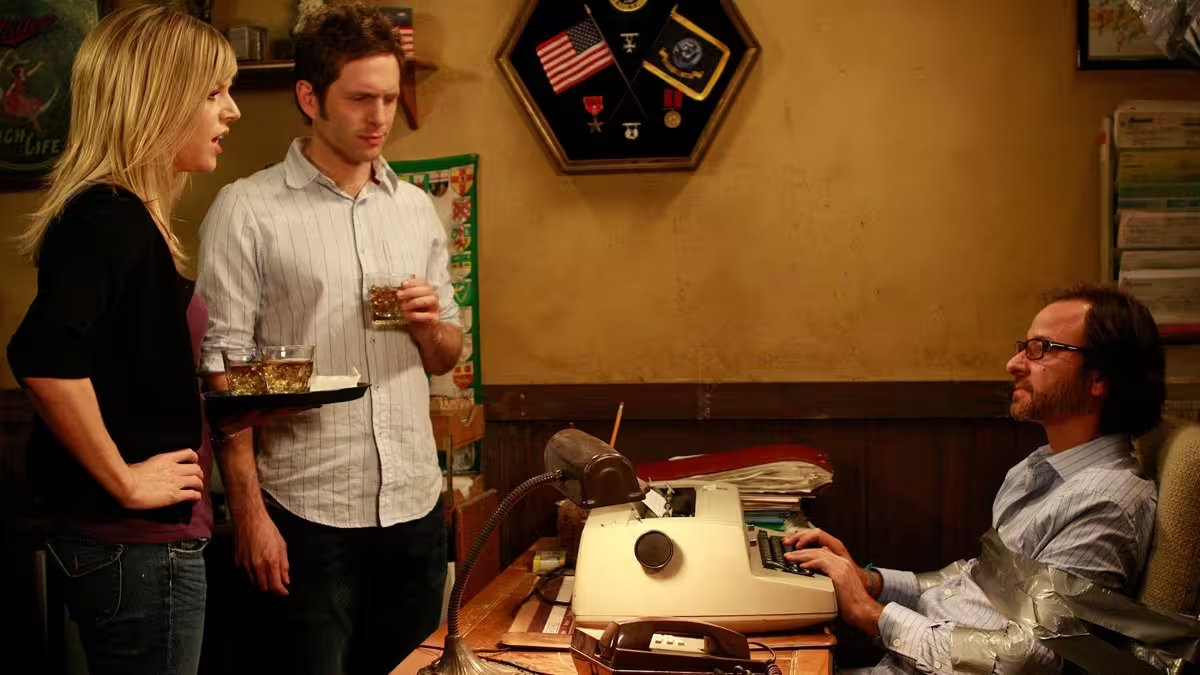
How Sunny Shaped Comedy After Itself
Assessing Sunny's influence is complex. It didn't spawn direct imitators in the way Seinfeld or Friends did, but it did shift expectations. Comedies grew more willing to embrace darker material, antihero ensembles, and serialized callbacks that reward long-term viewers. Shows that combine serialized arcs with serialized jokes owe a debt to Sunny's template. The program demonstrated that viewers will follow morally compromised characters if the satirical aim is clear and sustained.
Why Some Viewers Resist It
Not every comedy fan will enjoy Sunny. Reasons include:
- Taste: The aggressive, often gross humor is an acquired taste.
- Ethics: Some viewers object to jokes that approach taboo topics.
- Repetition: The running-cycle gag of failure can feel stale to those who desire character growth.
These are fair critiques. The show doesn’t promise redemption or warmth; if those are priorities, Sunny will test your patience.
Longevity: How Paddy’s Pub Stayed Relevant
Few comedies survive multiple cultural eras: Sunny weathered post-9/11 conservatism, the Obama years, and the Trump era, and it remained potent by adapting its satire to changing news cycles without losing its core identity. Shorter seasons allowed for higher writing quality and prevented creative burnout. The show’s willingness to experiment—genre pastiche, musical episodes, and surreal visual gags—helped it remain culturally current. The writers’ room became adept at translating headlines into durable comedy.
Recommended Viewing Order and Binge Strategy
New viewers have options:
- Chronological: Start at Season 1 and watch straight through to experience the slow burn of character development (or devolution).
- Curated Sampler: Watch the classic episodes listed above to get a flavor quickly.
- Thematic: Watch clusters focused on recurring arcs (e.g., the Nightman storyline, Dennis’s manipulations, or the various "schemes" episodes).
Each approach has merits. The curated sampler works well for casual curiosity; binge immersion reveals the show’s long-game payoffs.
Final Thoughts: A Sitcom That Dared to Be Unlikable
It's Always Sunny in Philadelphia is not a comfortable watch, nor does it aim to be. Its triumph is artistic: it sustained a coherent, brave, and often brilliant satire across decades. The show forced comedic language to accept ugliness as a tool, not just an end. That risk made it uneven at times, but also produced some of the most daring comedic episodes of its generation.
For viewers who appreciate comedy that tests boundaries and challenges moral complacency, Sunny is indispensable. For those who crave warmth and tidy arcs, it's likely to frustrate. But the show’s cultural imprint is undeniable: it showed that a micro-budget pilot, a handful of tenacious creators, and the courage to offend can produce a sitcom that not only endures but reshapes the landscape.
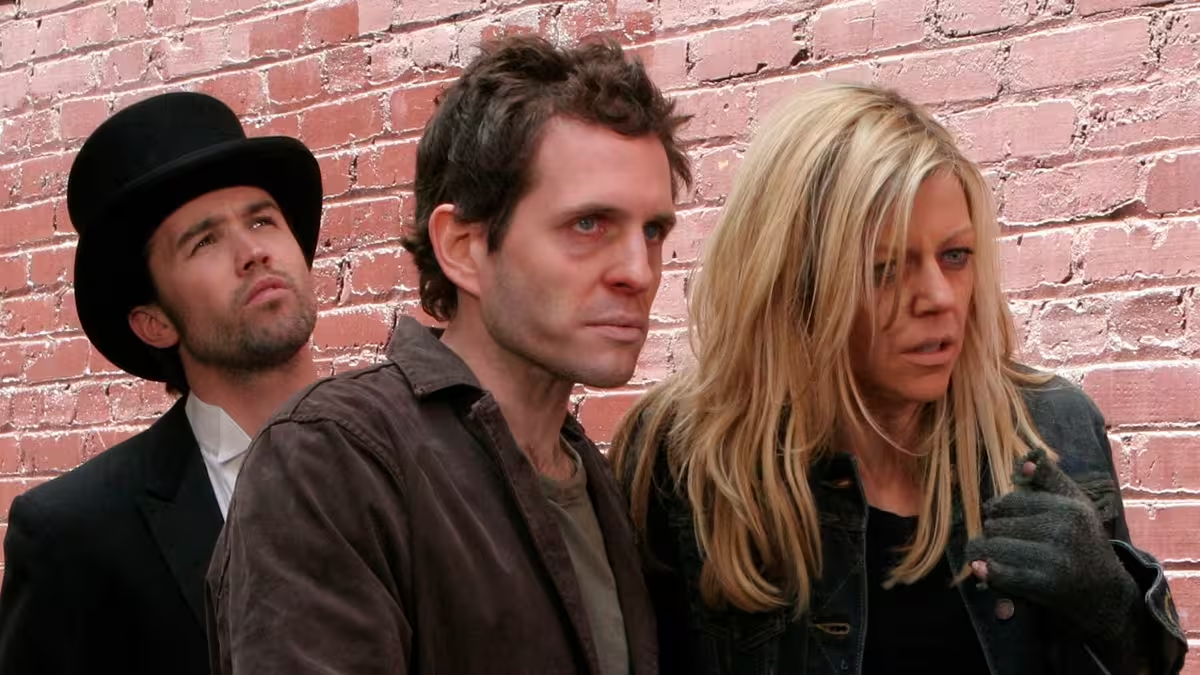
Conclusion: What Sunny Leaves Behind
Decades from now, critics will continue to argue about where Sunny belongs among the pantheon of sitcoms. Its metrics—longevity, cultural reach, and influence on darker comedic sensibilities—make a strong case for inclusion in any serious conversation about seminal American comedies. More important than awards or ratings is the way the show taught audiences to watch differently: not for comfort, but for provocation; not for lessons, but for reflections. In a media environment that increasingly oscillates between sanitized optimism and cynical spectacle, It's Always Sunny in Philadelphia remains an essential experiment in what television humor can dare to do.
Whether you love it, loathe it, or are somewhere in between, Sunny rewards attention. Its bravado, layered satire, and relentless commitment to making its characters unbearable are precisely what turned a little cable curiosity into a seismic cultural force.

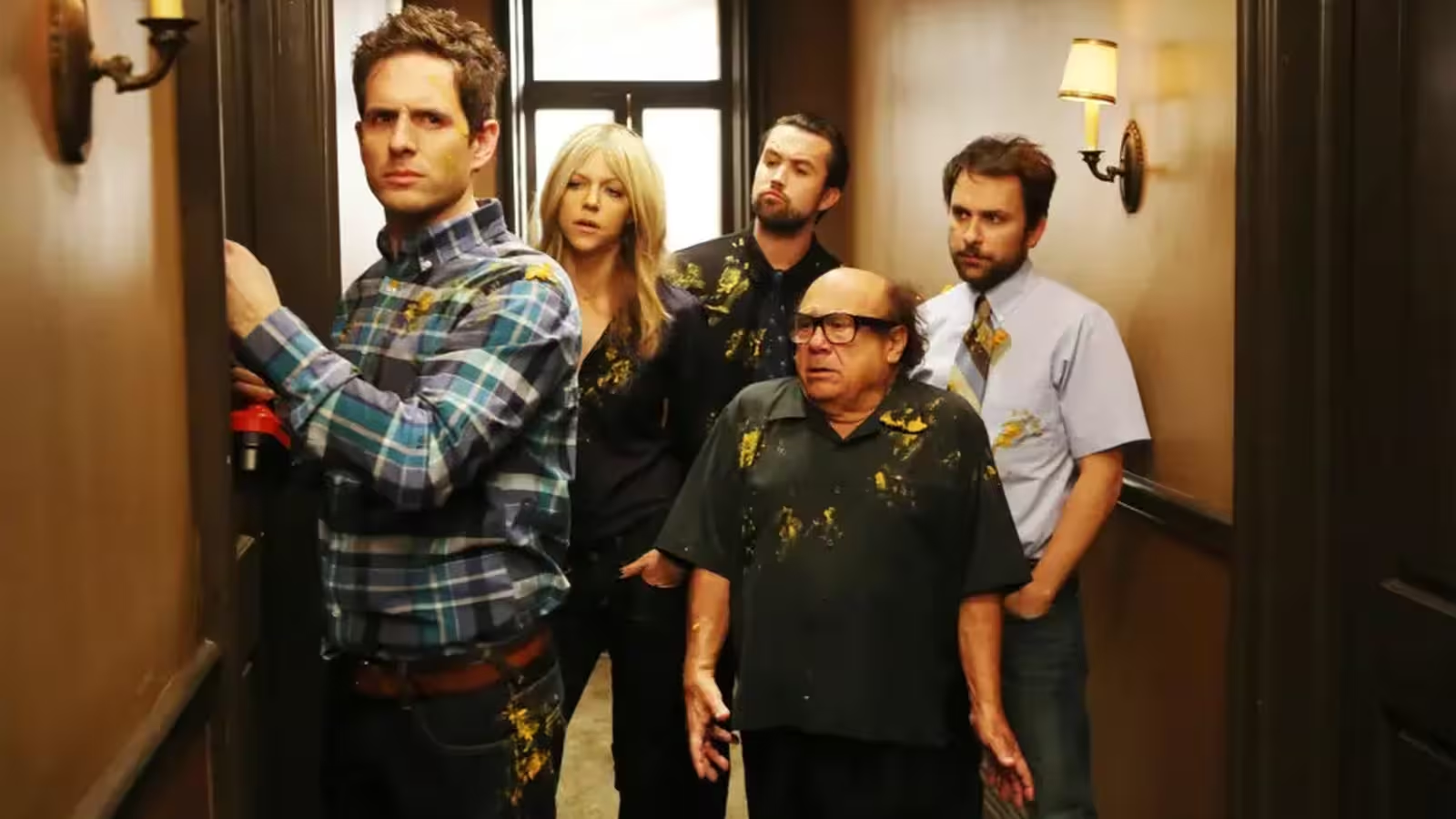
Leave a Comment